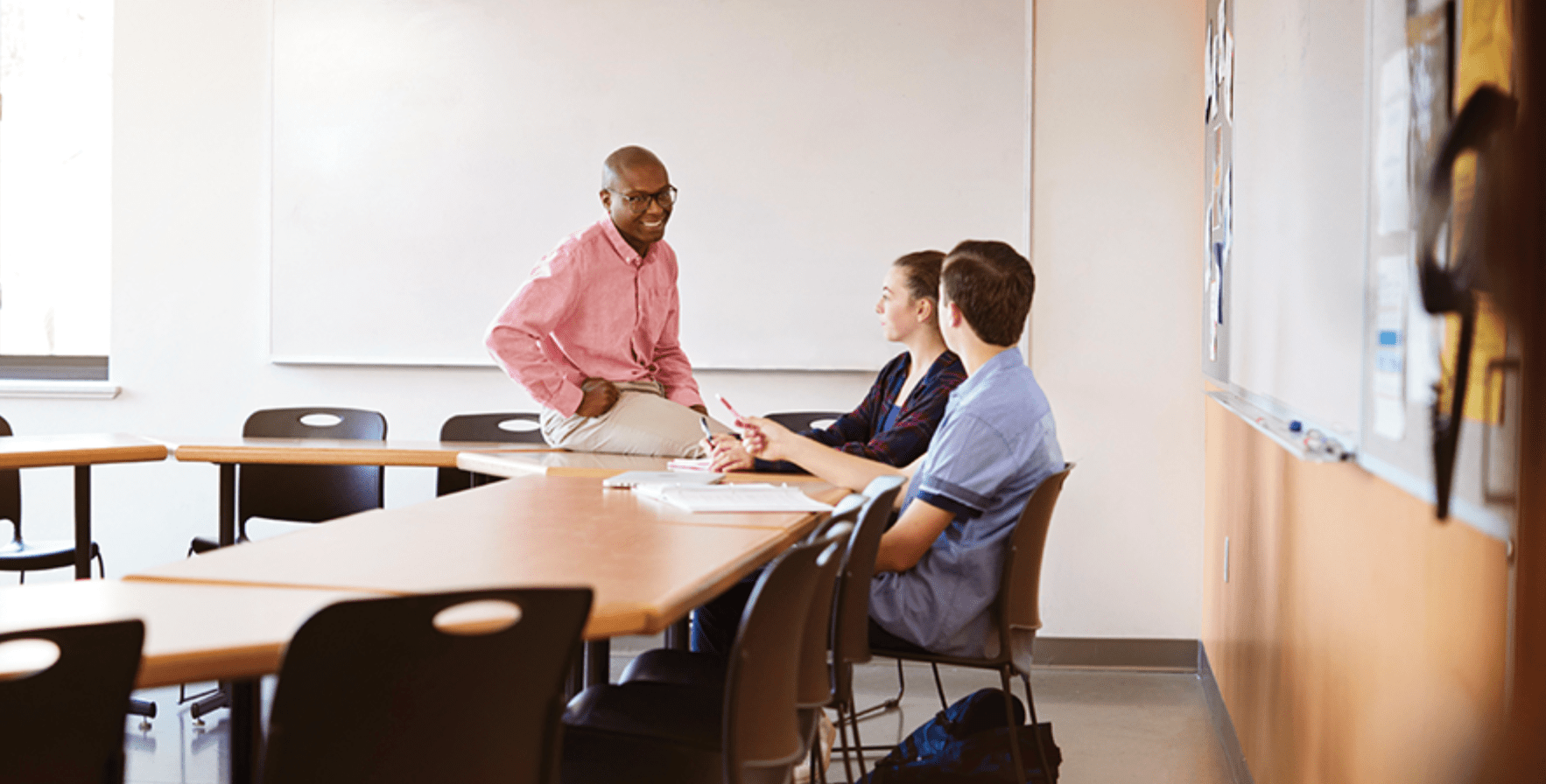I believe in my heart that relationships matter, especially in education. At BARR, we have science to show that systematic attentiveness to relationships causes changes to student behavior.
I’ve spent most of my career as an educator demonstrating how systematically attending to the relationships between students and teachers makes a huge difference in better academic and behavioral results. If we know our students — really know all of them — understand them and expect them to meet high standards, they achieve more, attend school more, get into trouble less and ultimately succeed beyond school.
So, I built a school-coaching model called BARR that boils down to a couple of things: a sustained focus on school relationships and a relentless, regular examination of student data. BARR is built on two pillars: positive, intentional relationships and real-time, actionable data addressed through three years of professional development and coaching. Staff receive training, including virtual and in-person coaching. Weekly social and emotional lessons for students are used to foster relationships and bolster critical non-cognitive skills. Teachers work in teams weekly to discuss student progress, determine academic and non-academic barriers to learning and identify the students most at risk of falling behind. The principles of improvement science, data use and rapid improvement cycles are integral in the work to be able to assess and improve impacts.
